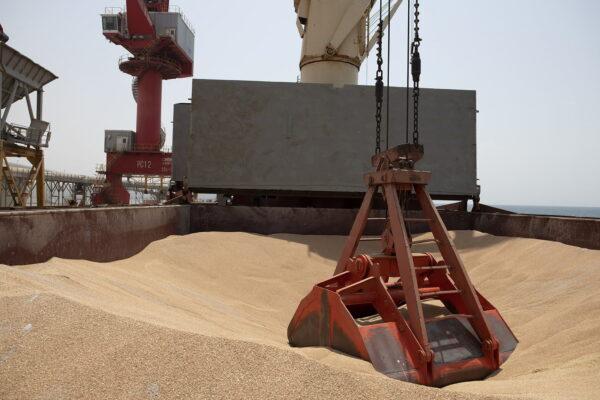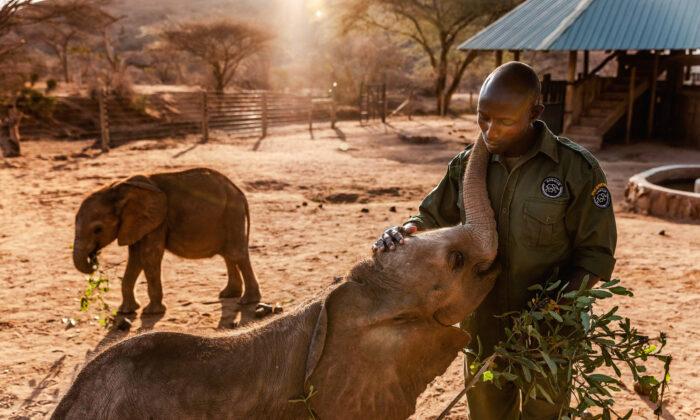Australia is seeking to engage more with Africa, with the Assistant Minister of Foreign Affairs Tim Watts telling African-Australian community leaders that the current Labor government has set an agenda to develop more ties with African countries.
“We live in an uncertain world. One that we can’t take for granted,” Watts said. “We don’t want to just watch events pass us by—we want to shape, and we want to influence.”
Watts noted that while Australia is not a global superpower, it does have global interests and that the Albanese government will be pursuing that global agenda with new resources and new energy.
“Australia and Africa have a lot in common—not least our shared interest in a peaceful and prosperous world,” Watts said. “Economically, culturally, and politically, Africa’s influence is only growing.
Addressing Climatic Changes and Humanitarian Aid Key to African Engagement
Part of the federal government’s push to increase African-Australian ties will be providing increasing climate assistance and humanitarian aid.“Young Africans—like young Australians—are deeply concerned about climate change, more so than any other generation,” Watts said. “They’ve grown up with the devastating impacts of climate change: fires, floods, extreme temperatures.
“A strong national record on taking climate change seriously is the price of admission for being taken seriously by this generation in Africa and around the world.”
Watts said that the Australian government also takes climate change seriously and highlighted Australia’s development of an earth observation platform, Digital Earth Africa, which will allow decision-makers in Africa–from farmers to government officials—to use the platform to monitor the impacts of climate change for crop mapping, urban planning, water conservation and disaster management.
He noted that the Australian government is concerned about how climatic changes are exacerbating global food insecurity.

To assist in this regard, Watts said the Albanese government would be providing a further $15 million (US$10.3 million) to help provide food, water, and other essential support in the Horn of Africa, which will be delivered through Australian and local NGOs, the International Committee of the Red Cross and UN partners.
Labor Seeks to Expand Australia’s Global Power and Influence
Minister for Foreign Affairs Penny Wong has previously signalled that under her watch, Australia would expand its regional and global power and influence to become a reliable regional partner for allies like the U.S.“If Australia can be effective in our diplomacy, especially in multilateral and mini-lateral groupings, we will have more chance of upholding the international order, maintaining our independence, exercising our agency, and achieving the equilibrium that is the basis of sustainable peace and prosperity.”
She also noted that Australia could leverage its unique national power, which included our multicultural society, which meant Australia was able “to look out to the world” and see ourselves reflected in it.
“This is an asset—an element of our national power—that few countries can match,” she said.




